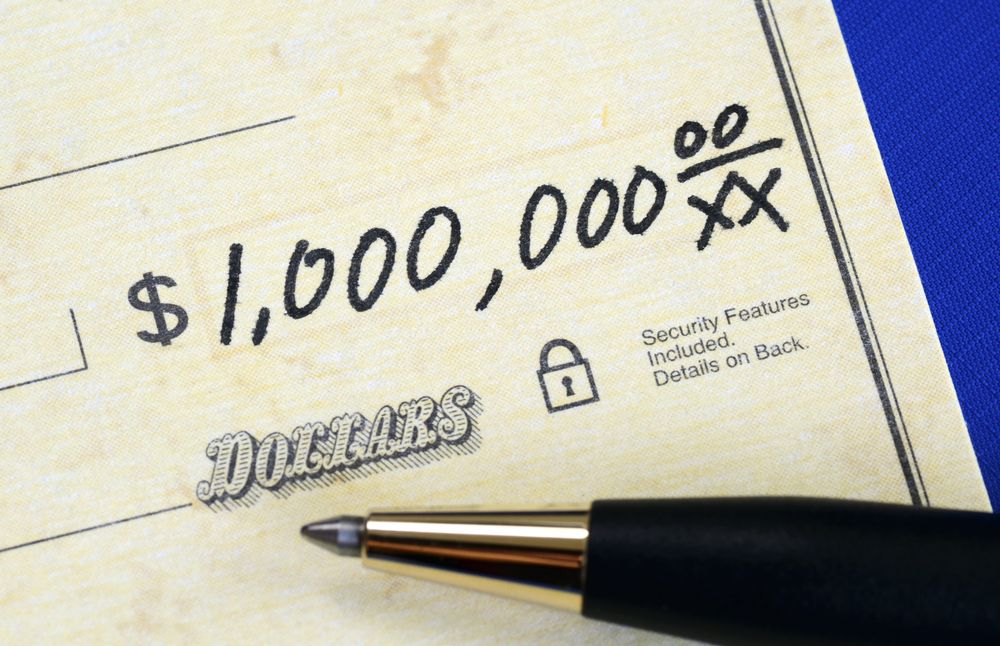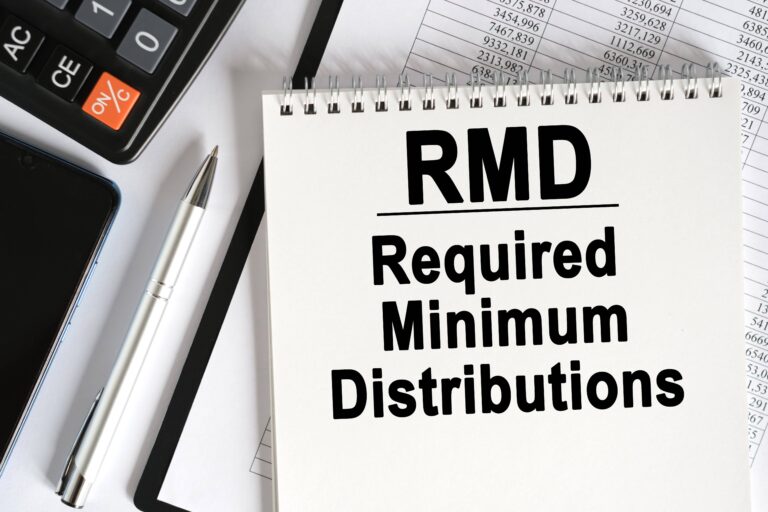Last year marked the end of a 10-year, $1 million bet between New York hedge fund consultant Tom Seides and Warren Buffett, chairman of Berkshire Hathaway Inc.
In 2007 Seides bet that hedge funds – exclusive investment pools for sophisticated investors – could beat the stock market over a ten-year period. Buffett bet that the Standard & Poors 500 Index, which tracks the largest U.S. stocks, would come out ahead.
Seides selected five top hedge funds as the proxy for his bet. He had reason to be hopeful: hedge funds are run by some of the smartest and most-highly-paid investment professionals. They are allowed to invest in a broad range of securities and to make changes on a moment’s notice in response to movements in markets, interest rates, and economic conditions. Hedge fund managers believe that by being nimble they can stay one step ahead of other investors.
It was a rocky period for the U.S. stock market and included the bear market that started late in 2007 and lasted until March 2009. The S&P 500 fell by 37% in 2008 alone and by almost 57% over the entire bear market. However, a buy-and-hold the market strategy worked so well that Seides gave up after nine years. By the end of 2016 the hedge funds had gained a total of 22%, while the S&P 500 gained 85.5%.
Incidentally, the $1 million, which was earmarked for charity, was invested in Berkshire Hathaway shares and grew to more than $2.2 million before the 10 years elapsed.
Seides conceded defeat but argued that hedge fund investors still might have come out ahead. He noted that during the bear market hedge funds declined by less than half the drop in the S&P 500. He said stock market investors may have been more likely to get spooked and sell out, thus missing the recovery that began in 2009, while hedge fund investors may have been able to stomach their temporary losses and to hang on.
Stock market investors should heed that point: a buy-and-hold strategy allows you to enjoy the market’s full long-term returns. Investors who react to market declines by selling their stocks risk being out of the market when a sudden turnaround leads to large, unexpected returns.
Richard Schroeder, CFP®
Chief Investment Officer


